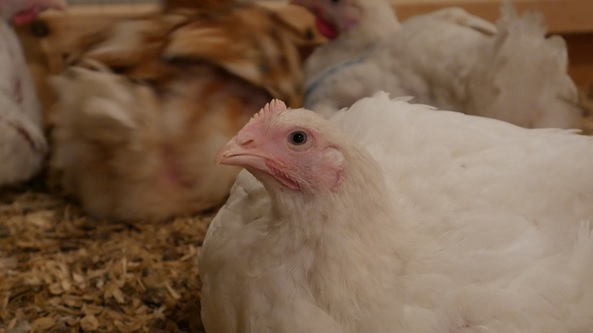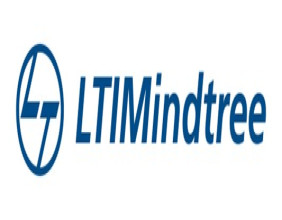International animal welfare organisation, World Animal Protection has launched a pledge urging consumers to help end the suffering of chickens in intensive poultry farms.
 |
World Animal Protection is urging consumers to sign the pledge and help ensure better treatment of chickens in factory farms
The pledge has been initiated following the findings of a survey conducted by World Animal Protection, which revealed that 50 percent of Indians living in urban cities raised concerns on the potential spread of disease or illness amongst chickens raised in intensive poultry farms.
The survey covered over 800 people across 28 tier one and tier two cities of India, with 70% of the respondents living in tier one cities.
Chickens are the most abused animal in the world. Each year, 60 billion chickens are raised for global consumption and two-thirds of them (40 billion) live in intensive poultry farms under inhumane conditions.
"We depend on farm animals for our basic food consumption everyday. Products like milk, butter, eggs and meat, all come from farm animals. The time has come that we think about the welfare of farm animals. With this audience research, we now have evidence that consumers also care about the condition of the chickens they are consuming. Food producers, supermarkets and restaurant chains can no longer afford to ignore animal welfare. This is a chance for companies to build back better, post the COVID-19 crisis. We urge people to sign this pledge and help end the suffering of millions of chickens in intensive poultry farms," said Gajender K Sharma, Country Director, World Animal Protection India.
In India, millions of chickens are suffering in supply chains for food. They live in overcrowded sheds or cages often with no natural light or fresh air, unable to peck or spread their wings.
Intensive animal farming and poor treatment of farm animals poses a pandemic-level threat to humans and also depletes the health of the animals. Diseases such as swine flu, bird flu, and Nipah virus all emerged from farmed animals.
Human pandemics can arise when a strain of the avian influenza virus/Bird-flu is transmitted from its source in wild aquatic birds to farmed chickens.
"I saw chickens being killed once. It made me feel so upset that I stopped eating chicken for five years," one of the consumers in the survey mentioned.
Chickens in intensive poultry farms are raised with gained weight, painful lameness, skin lesions, leg fractures, lung problems, bone problems, breathing difficulties, and even heart failure in severe cases.
According to the World Animal Protection survey, 7 out of 10 consumers thinks that retailers or fast food restaurants are responsible for welfare of the chickens they serve.
After having seen photos of chickens raised for fast food restaurants in intensive poultry farms, 48% consumers the survey expressed concern on the poor conditions of chickens and its effect on the food quality.
BBFAW report
The Business Benchmark on Farm Animal Welfare (BBFAW) is the globally recognised investor framework for assessing the quality of companies' practices, processes and performance on farm animal welfare.
The 8th Annual BBFAW report, launched in 2020, mentions that various fast food retailers have yet to acknowledge animal welfare as a business issue.
The report ranks 150 global food companies on farm animal welfare standards across six tiers. Tier 1 is at the top, demonstrating leadership on farm animal welfare, and Tier 6 is at the bottom.
Chickens deserve better
The lives of billions of chickens can be transformed if they are raised in sheds with more space, natural light, and stimulating features such as perches and hay bales.
Existing intensive poultry farms can make the following changes:
-
Use chicken breeds that grow at a slower, more natural rate
-
Provide more space for the chickens
-
Provide more things to chickens to engage with and explore such as perches and hay bales
-
The introduction of natural light in the sheds
Consumers now have more information at their fingertips and are showing they increasingly care about the welfare of animals when they are deciding where to shop and eat.
Good farming and farm animal welfare is better for animals, people and the planet. It's time for these businesses to take responsibility and strive to do better.
Notes to editors
-
To sign the pledge please visit here
-
For more information, please visit here
-
To arrange for an interview or for further clarification, please contact, Sahil Sharma on: 9871444038 or email: sahilsharma




_06_19_2025_05_49_07_385844.jpg)